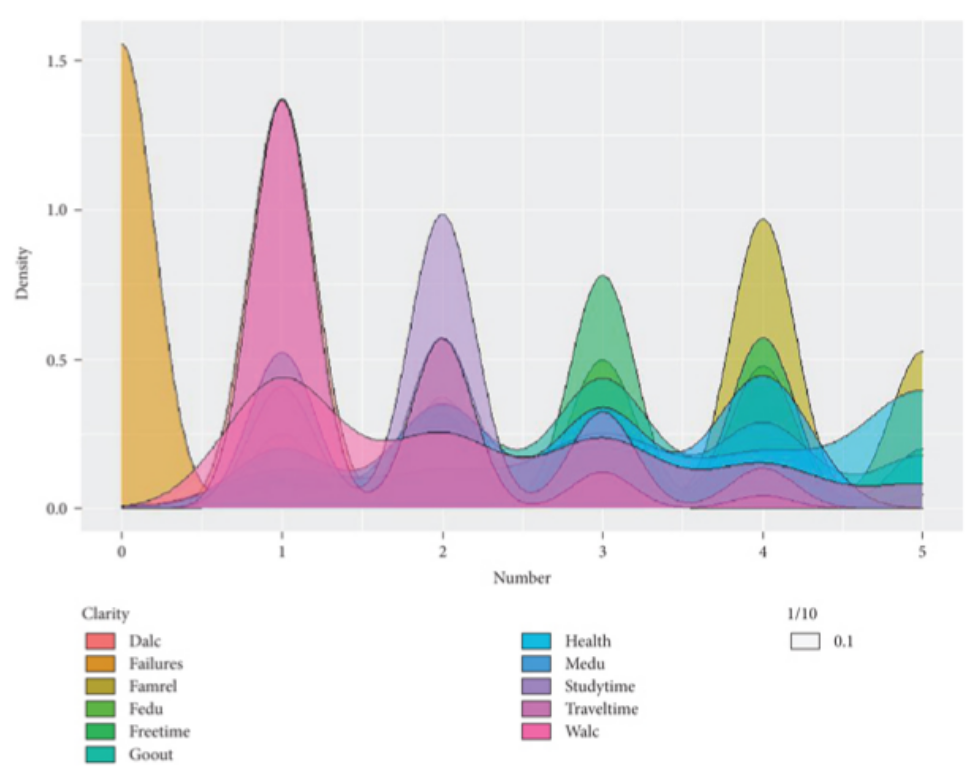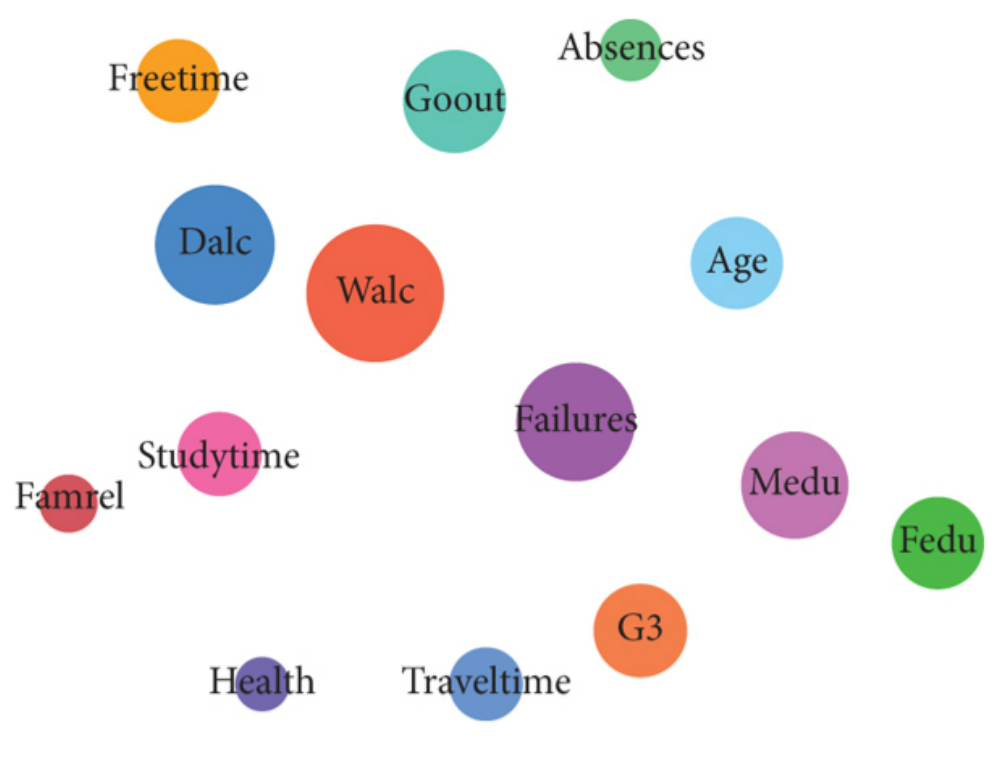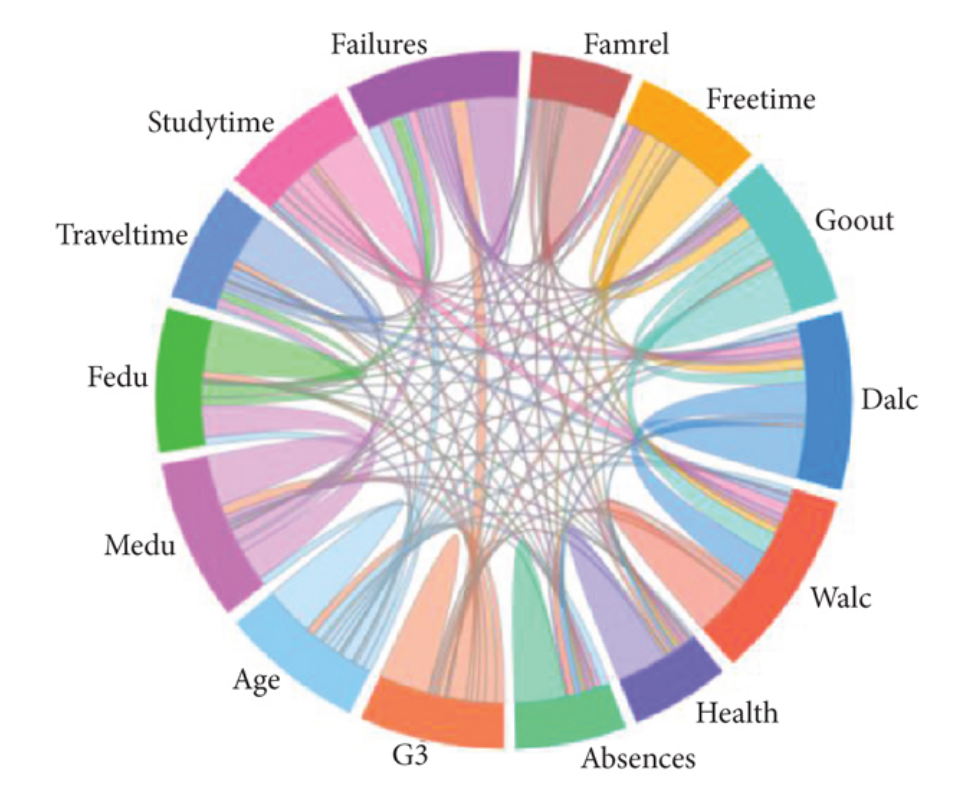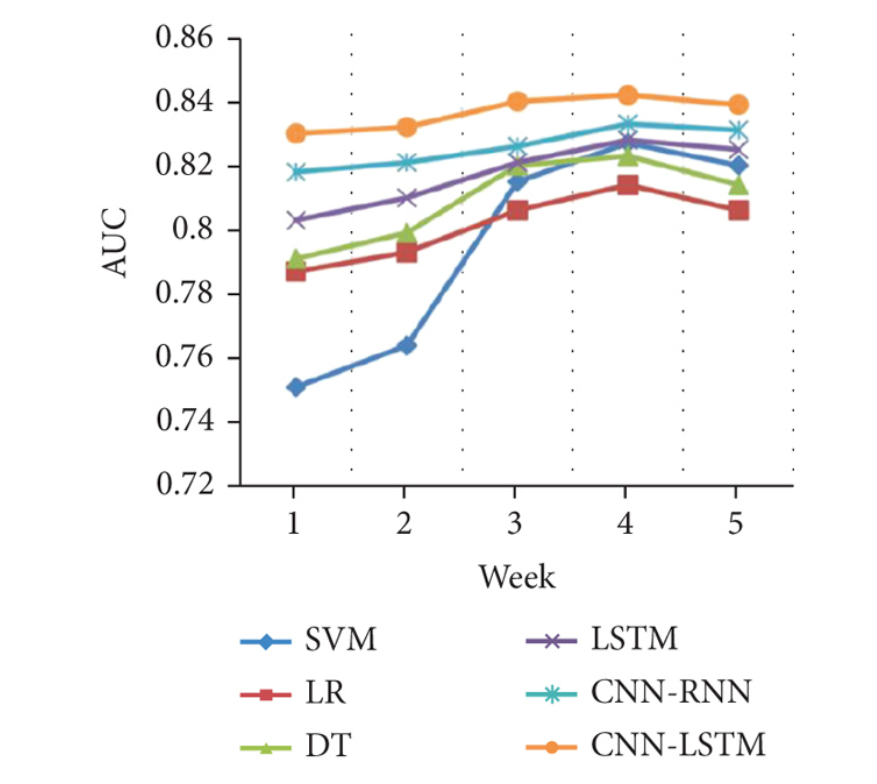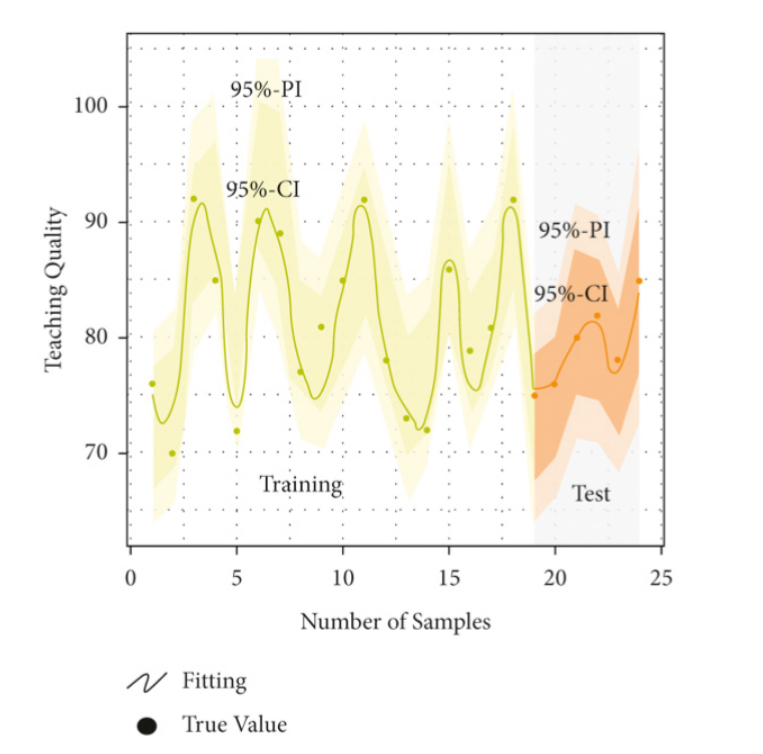 An open access journal
An open access journal
The significance and future potential of Australia's Indigenous lands for Aboriginal people
Abstract
This article examines the rise and development of Aboriginal land ownership in Australia, focusing on the historical and ongoing struggles for land justice. Aboriginal Australians have faced systemic dispossession since colonization, but through activism, legal battles, and landmark events like the Mabo decision and the Aboriginal Land Rights Act, significant progress has been made in reclaiming land. By 2014, Aboriginal groups had gained control over 22% of Australia's land. The article explores the legal, cultural, and economic significance of land rights, emphasizing the importance of land for cultural identity, social structure, and economic empowerment. Aboriginal land ownership enables communities to preserve traditional ecological knowledge, engage in sustainable development, and improve health and wellbeing. Despite these advances, challenges persist, including the ongoing opposition from the state, neoliberal policies, and the clash between Indigenous relational ontologies and market-driven frameworks. The article argues that the continued recognition and return of ancestral lands are essential for closing the gap in Indigenous disadvantage and achieving self-determination. The future of Aboriginal land rights hinges on balancing cultural integrity, environmental sustainability, and economic viability.

